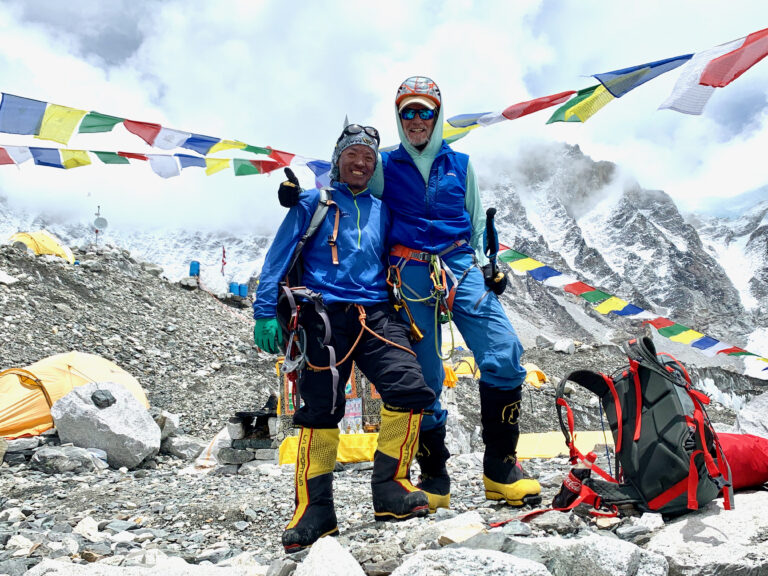Staying Active as You Age – An Interview with Art Muir
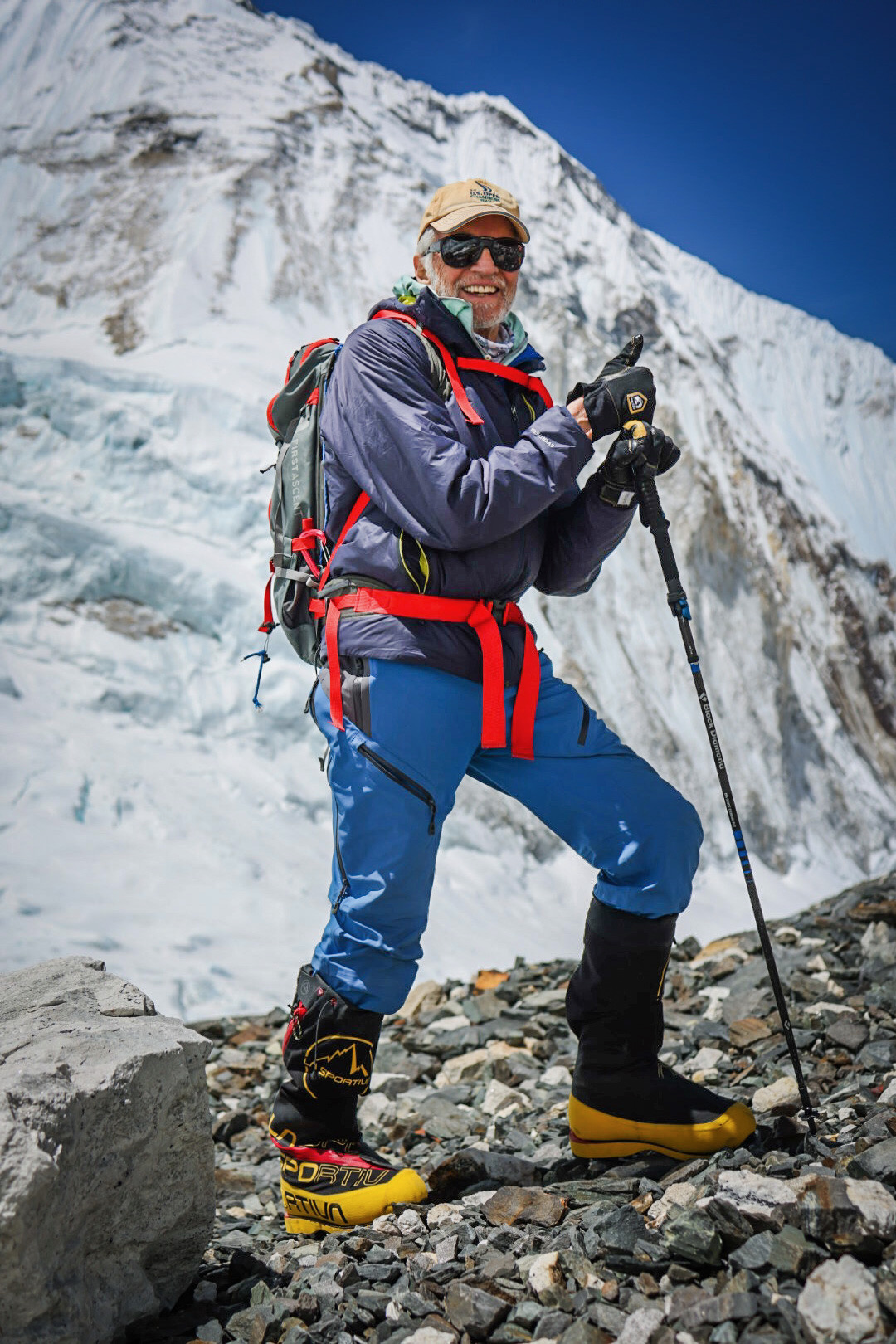
While many adults have passions that they pursue across the lifespan, older adults often find it difficult to stay active as they age. Things like decreased energy and activity tolerance, orthopedic challenges, and the impact of various health conditions can pose challenges for older adults in maintaining their fitness. One Senior who knows a thing or two about staying active as they age is Art Muir, a 77 year-old outdoorsman who lives on the North Shore of Chicago. Art, who maintains an active lifestyle through activities such as skiing, ice climbing, and mountaineering, was gracious enough to sit down for an interview with me to talk about staying active as you age.
Art, thank you so much for taking the time to talk with me today. I’d like to start by asking, have you always been so active?
You know, not so much earlier in adulthood. I was focused on work, family, and friends. I would do trips and things, but I wasn’t as focused on activity. Before I retired I was active, I just wasn’t mindful about it. For example, if there was an escalator and steps, I would take the steps.
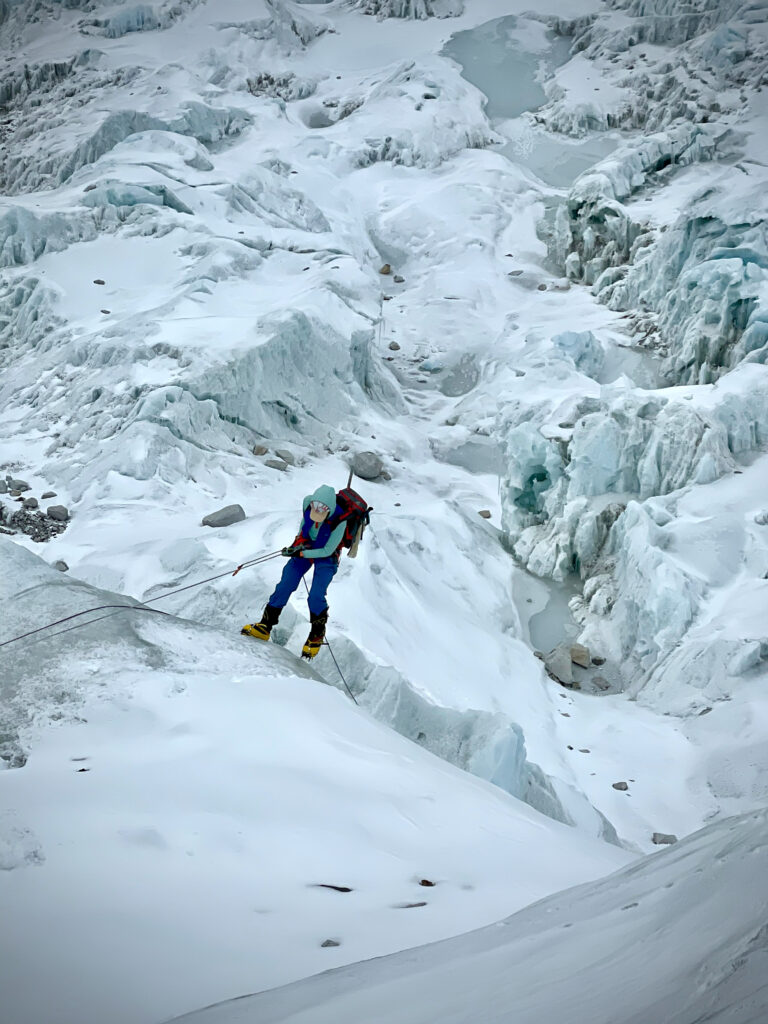
I wouldn’t have thought that! Given that you’ve learned quite a bit about staying active since you’ve retired, what approach to exercise do you recommend for Seniors?
You have to consider exercise and training, because they’re two different things. Exercise can be just physical activity in a random fashion. Training is very mindful to achieve a certain goal. People who are training keep very close tabs on what they do so they can measure their progress. I think people should keep a log, a record of what they do in terms of activities. It doesn’t have to be rigorous, it’s just a question of what you’ve done in the past so you can recreate it or improve upon it. Goals are really important because they move you from where you are into new spaces. It’s not about the goal, it’s about immersing yourself in the process. You may not achieve the goal! It may not be realistic, or it changes. But you still have that process.
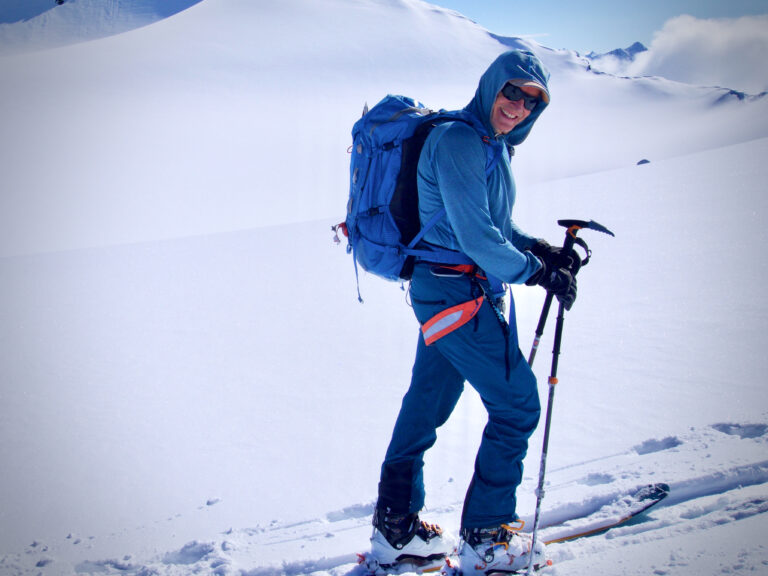
That is a great thing to keep in mind, that you can still benefit from the process even if you don’t reach your goal. I often hear from Seniors that they’re concerned about the effort it takes to increase their activity level. Can you speak to that a bit?
One of the great things in life is to be nervous about things you’ve never done before, and then do them. You learn about all kinds of new stuff, and you meet interesting people who are doing these things. But you also become, because of that, just a more interesting person. And because you’ve learned something, you can then share what you’ve learned with other people. It’s not always about chasing adventure, that may not be it. Learning new skills, trying to acquire something you’ve never done before, it will take you into contact with new people and you will learn things in the most unexpected ways. I bought a set of gymnastics rings the other day. I don’t know anything about rings, but I went on YouTube and found a whole host of things about gymnasium rings progression. On YouTube, you can find out things about exercise and training. The idea that someone says “Well, I don’t really know how to start,” you can find answers on YouTube.
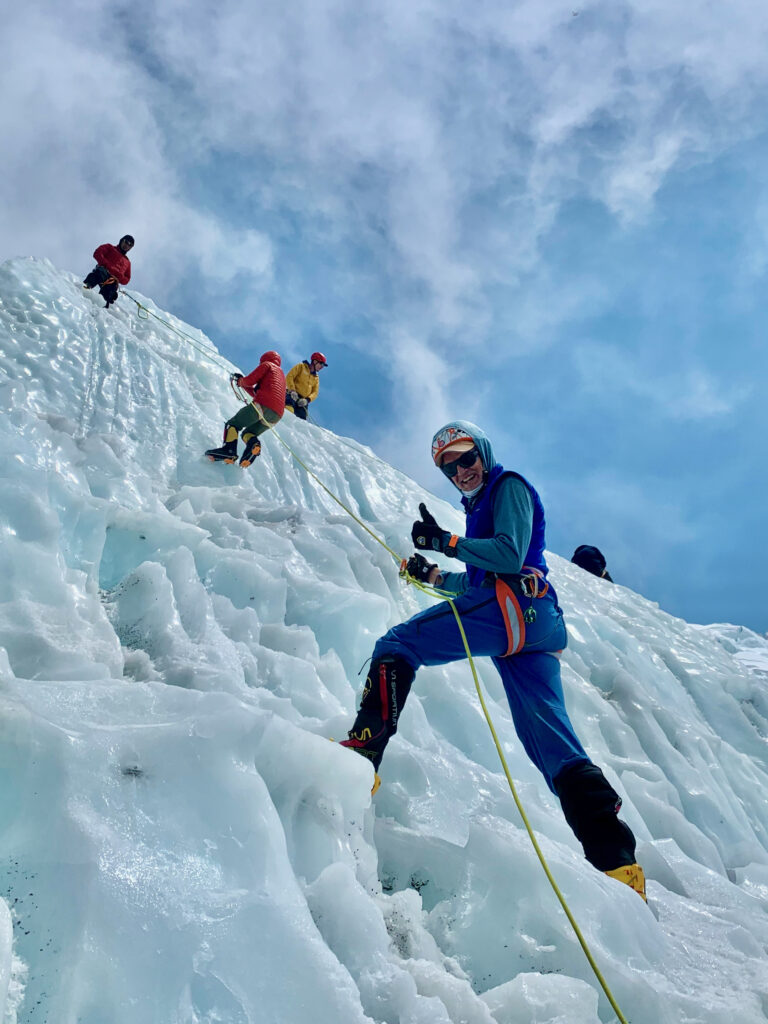
Art, I agree so much, that going out of your comfort zone, especially when it involves physical activity, is beneficial in so many ways beyond just the activity. And I love the idea of utilizing YouTube! I’d like to close out by talking a bit more about the idea of getting over the mental hump of exercising. Your adventures in extreme mountaineering, most notably your record-setting Mt. Everest summit in 2021, undoubtedly have come with mental challenges alongside the physical ones. What have you learned along the way that might help Seniors who are struggling cognitively or emotionally to be active?
There are three things I’ve learned. For starters, your number one priority is to take care of yourself. Not just life or death situations, it can be anywhere. If you aren’t doing your work, somebody else has to. Second, you need to help the team. We’re all part of a team. When you’re out in a big, dangerous, scary, cold world, it’s good to know that there’s somebody else there. When you take care of yourself, you’re in the position to help the team. And three, solve one issue at a time. Attack one problem at a time. Focus your effort, concentrate your effort, and you can solve a lot of problems. I think in some ways, older adults have that advantage. You had to get through life by focusing on things. That’s a really powerful advantage.
A great many thanks to Art Muir for sharing his wisdom on staying active as you age with all of us.
To learn more about Art and his experience with staying active, check out this interview from Age Is No Barrier. You can also find more articles about Art and his adventures through a simple Google search – and yes, on YouTube. And if you’re struggling with supporting your Senior with staying active, whether that’s climbing a mountain or climbing the stairs, reach out today.
